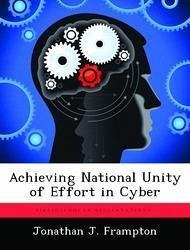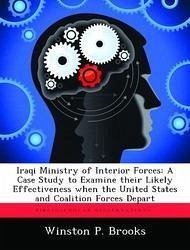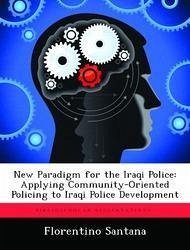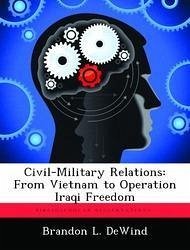Nicht lieferbar
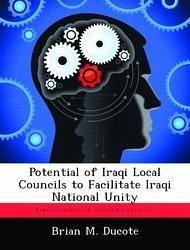
Potential of Iraqi Local Councils to Facilitate Iraqi National Unity
Versandkostenfrei!
Nicht lieferbar
U.S. military, Department of State, and Iraqi officials face many challenges moving a unified Iraq forward. This paper attempts to answer a critical question: Can local Iraqi grassroots councils facilitate a strategic endstate like achieving national unity? Although a lot of scholars mention the potential of a grassroots approach, very few identify such entities as means to achieve such elusive ends. As a part of the methodology, the paper uses ten principles presented by Kenneth M. Pollack in his most recent book A Path Out of the Desert. Using Pollack's tenets, this paper creates an analytic...
U.S. military, Department of State, and Iraqi officials face many challenges moving a unified Iraq forward. This paper attempts to answer a critical question: Can local Iraqi grassroots councils facilitate a strategic endstate like achieving national unity? Although a lot of scholars mention the potential of a grassroots approach, very few identify such entities as means to achieve such elusive ends. As a part of the methodology, the paper uses ten principles presented by Kenneth M. Pollack in his most recent book A Path Out of the Desert. Using Pollack's tenets, this paper creates an analytical framework to then assess local councils and their utility in achieving national unity. Using interviews and surveys from Iraqi local nationals and U.S. officials, the paper seeks to not only define the grassroots entities from multiple perspectives, but then assess the data using Pollack's guiding concepts. In conclusion, the reader will denote the capability of grassroots councils and determine whether such entities present a possible means to achieve a strategic endstate like national unity in Iraq.







